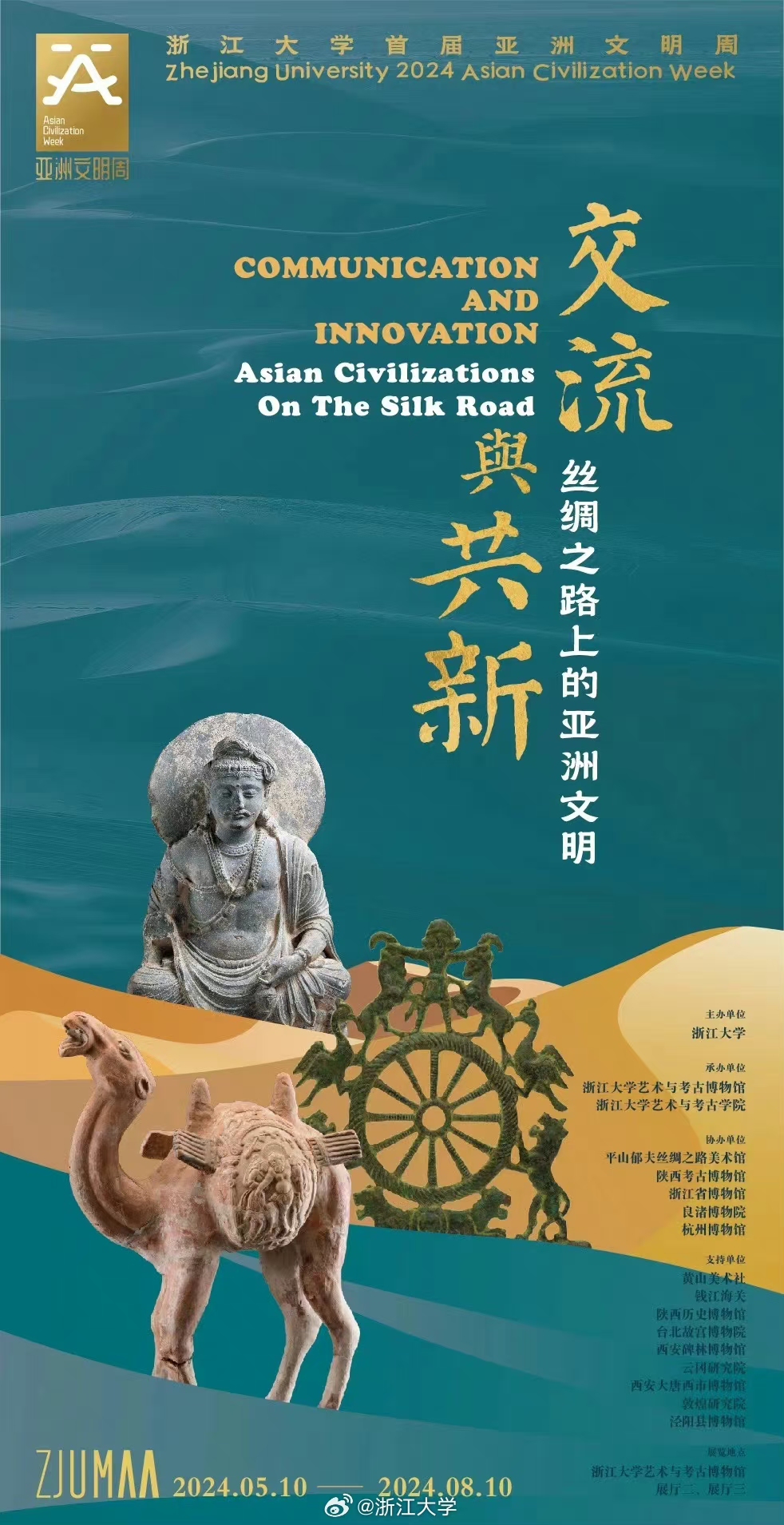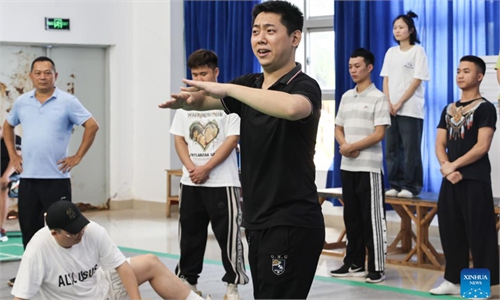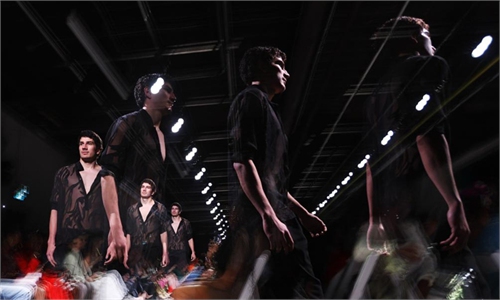ARTS / ART
Asian Civilization Week debuts in Hangzhou, promoting intercultural dialogues

The poster of the themed exhibition titled Communication and Innovation: Asian Civilizations on the Silk Road. Photo: Sina Weibo
The first Asian Civilization Week, an event that encourages exchanges between civilizations in Asia, recently debuted at Zhejiang University in Hangzhou, Zhejiang Province.The Asian Civilization Week includes a diverse range of events such as a themed exhibition, academic symposium, conference and exhibitions for creative designs, books and fashion.
All the events are being carried out under the theme "cultural exchanges and convergence." Song Weiping, a cultural policy researcher, told the Global Times that the theme examines how Asian cultures are different while also maintaining similarities.
"People in all parts of Asian began sharing materials and cultures in the very early ages. The growth of ancient Asian civilizations inspired the world, particularly through the ancient Silk Road," Song told the Global Times.
A themed exhibition titled Communication and Innovation: Asian Civilizations on the Silk Road was launched as the Asian Civilization Week's core event. A total of 210 cultural artifacts, including silk relics and pottery pieces collected along the ancient Silk Road, are on display as part of the show.
A camel-shaped pottery wine vessel unearthed in Xi'an, Shaanxi Province, is an iconic item on display. The pottery piece was discovered with engraved patterns that embody the "God of Wine" in Greek mythology.
Archaeologist Wang Meng told the Global Times that the artifact is a typical one that blends Chinese and Western aesthetics. He said that many relics such as these have been discovered in Shaanxi Province and also Northwest China's Xinjiang Uygur Autonomous Region.
"The ancient Silk Road connected China to the unfamiliar social and cultural traditions in Central Asia and to even farther to Rome," Wang told the Global Times.
The Asian Civilization Week also includes an academic conference on Asian art and archaeology. The event's 30 attendants include professors, museum experts and scholars from cultural institutions in Japan, South Korea, the US and the UK.
Japanese scholars like Kawachi Toshiharu and Kawano Kazutaka gave speeches addressing the similar cultural aesthetics shared between China and Japan, such as tomb decorations and the art of calligraphy.
Chinese experts like Qi Xiaochun and Liu Shunqiang responded to Japanese scholars by introducing calligraphy exchanges in modern China and Japan as well as a comparative study of painting and calligraphy.
Established South Korean archaeologist Bae Kidong said at the opening ceremony that against the backdrop of today's rapidly developing science, technology and social environment, he encourages people to view the value of Asian culture and arts within a "contemporary and creative paradigm" instead of solely focusing on Asia's traditional cultures.
Song told the Global Times that such a "creative paradigm" is about exploring new narrative systems, research orientations as well as cultural creative products that belong to current trends but were inspired by traditional culture.
"The Asian Civilization Week provided a platform for promoting dialogue among different regions. Through these different set of events, I hope people can better understand Asian cultures and art," Bae, also the honorary chairperson of International Council of Museums Asia-Pacific Alliance, emphasized.
The Asian Civilization Week was inspired by a 2019 event called the Conference of Dialogue of Asian Civilization (CDAC).
The CDAC was held in Beijing with the participation of more than 1,352 representatives from 47 countries in Asia. The event is dedicated to founding a regional platform for intercultural dialogue for Asian cultures. The event achieved a major outcome with the release of the 2019 Beijing Consensus of the Conference on Dialogue of Asian Civilizations. Respecting diverse civilizations and promoting extensive and in-depth intercivilizational dialogues were highlighted in the 2019 Beijing Consensus.



